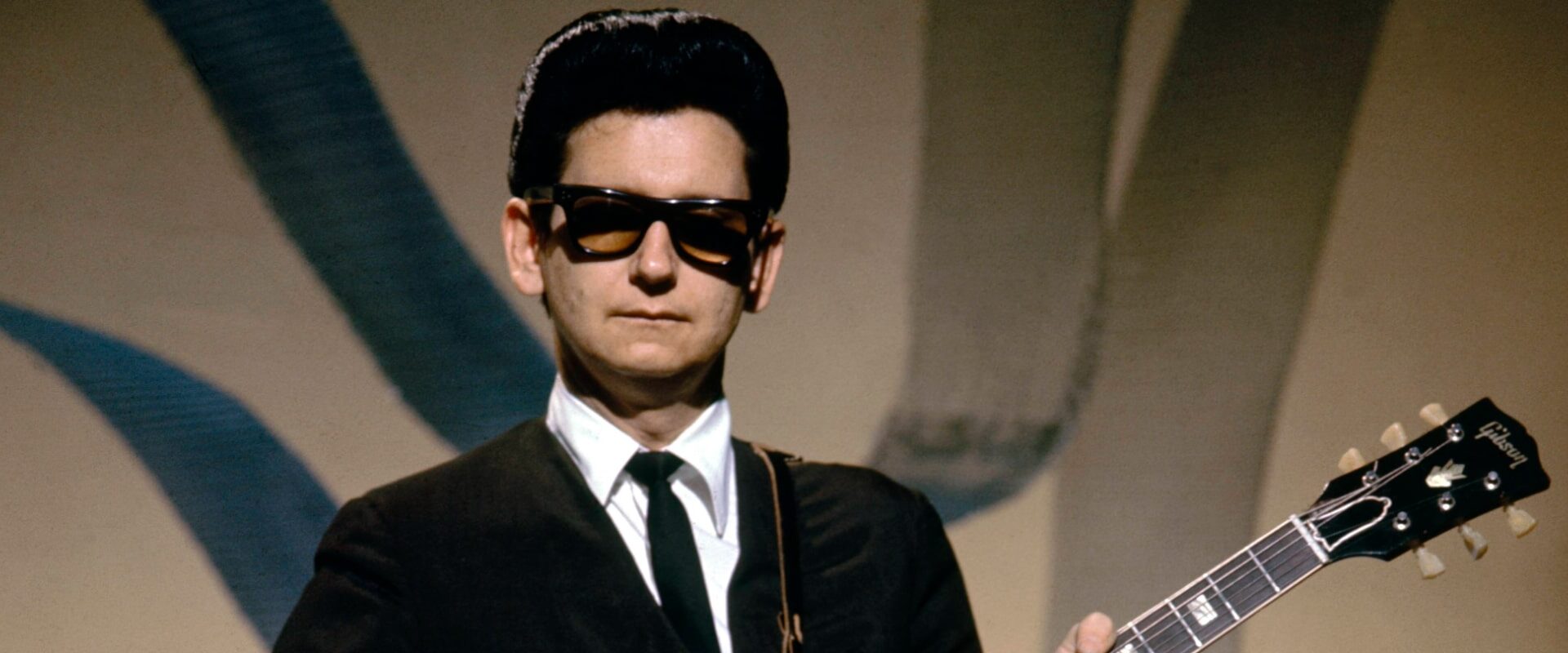On this day (September 26) in 1964, Roy Orbison topped the Billboard Hot 100 with “Oh, Pretty Woman.” The song knocked “The House of the Rising Sun” by the Animals out of the top spot and held it for three consecutive weeks. Later, it was covered by several artists and was the center of a lawsuit that expanded fair use and opened the door for parody songs.
Oribson could thank his then-wife, Claudette Frady, for the song that would be his final No. 1 on the Hot 100. He and his songwriting partner, Bill Dees, were working on new songs at Orbison’s house, according to Songfacts. Frady came into the room and said she was going out to do some shopping. Orbison asked her if she needed money. “Pretty woman never needs money,” Dees joked, and a light went on in Orbison’s head.
[RELATED: The Story Behind the Only Song Roy Orbison Wrote With Dear Friend Johnny Cash in 1969]
“He sang it while I was banging my hand down on the table, and by the time she returned, we had the song,” Dees recalled. “I love the song. From the moment that the rhythm started, I could hear the heels clicking on the pavement, click, click, the pretty woman walking down the street, in a yellow skirt and red shoes,” he added. They wrote and released the song in a matter of three weeks. “It was the fastest thing I ever saw,” Dees said.
Several artists have covered “Oh, Pretty Woman” over the years. Notably, Van Halen recorded a version of it for their album Diver Down. It topped the Billboard Mainstream Rock chart.
How Roy Orbison’s Hit Changed the Music World
In 1989, the rap group 2 Live Crew included a parody of “Oh, Pretty Woman” on As Clean As They Wanna Be, the clean version of their landmark album As Nasty As They Wanna Be. Roy Orbison’s publishing company, Acuff-Rose, sued the group, claiming that because their parody made money, it could not fall under the protection of fair use.
According to Justia, “fair use” stems from Section 107 of the Copyright Act. It states that the use of a copyrighted work for criticism or comment doesn’t violate the Copyright Act. At the time, legal precedent held that any commercial use of copyrighted work is presumed to be unfair.
In the “Oh, Pretty Woman” lawsuit, the United States Supreme Court likened parody to other forms of criticism. This didn’t just impact the music world. The ruling extended to all forms of media, effectively opening the door for a new world of comedy and artistic interpretation.
Featured Image by David Redfern/Redferns
